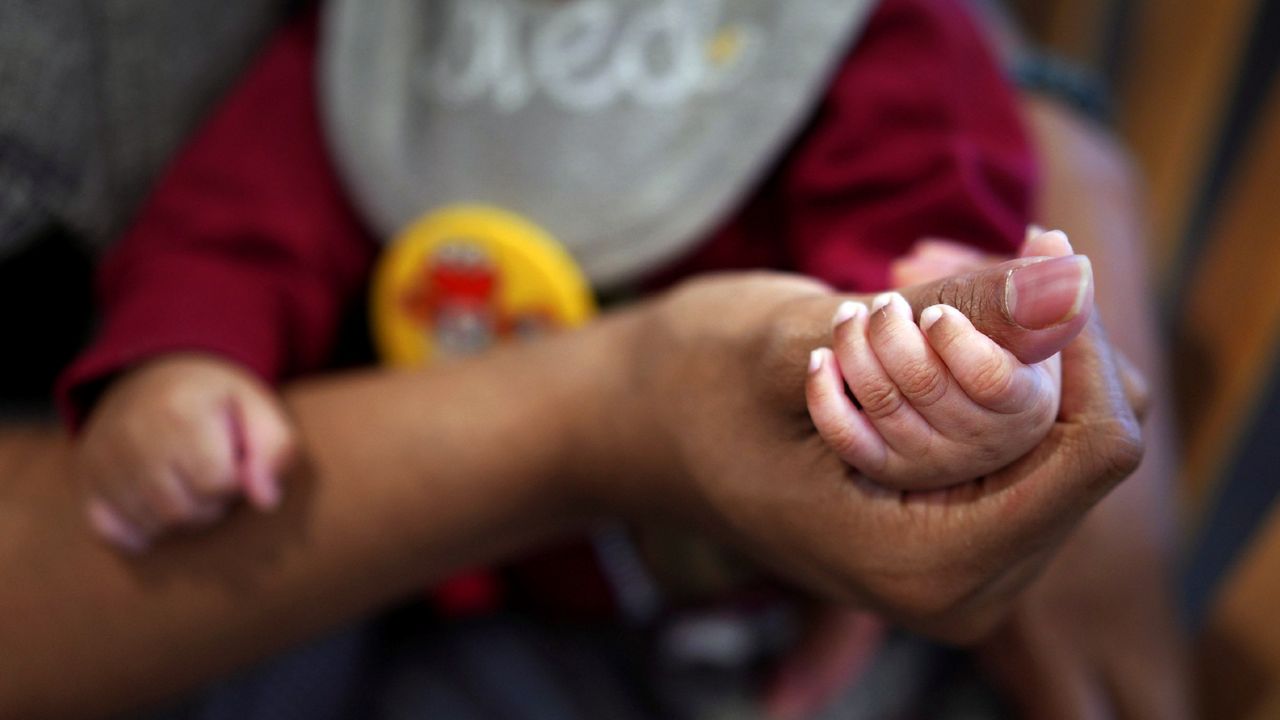ST. LOUIS—The decision announced this week to call a special state legislative committee hearing to investigate problems the state of Missouri has processing applications for child care subsidies to parents and delays in payments to childcare providers was welcome news to longtime service providers.
“I’m glad that they are doing something, but it really feels too late,” said Lisa Scheer, Director of Baden Christian Child Care Center in St. Louis.
Scheer, who has been in the child care space for 25 years, receives federal subsidies processed by the state for up to 98% of her families who come from the Baden neighborhood, an impoverished area in North St. Louis between Riverview Boulevard, Switzer Ave. and Hall Street.
She should have up to 20 preschoolers under her care, but right now only has four.
“There’s been too many new systems in a short amount of time,” Scheer said.
In December, the Department of Elementary and Secondary Education launched a new web-based Child Care Data System, where families would apply for the subsidies, which are then paid to providers.
Advocates say the online-only system overlooks issues some low-income families have in accessing the internet.
But there have also been issues getting that system up and running, as our partners at the Missouri Independent reported last month and as a result, there’s a months-long backlog of applications waiting to get processed and providers who haven’t been fully paid dating back to last fall.
Scheer’s payments for the families she’s able to serve have been down by 30% since January, and she’s missing out on roughly $16,000 per month by having 16 spots open that would normally be filled by subsidized families.
“The ongoing challenges with system issues have created a backlog in family applications for subsidy assistance and provider contract applications. DESE and its vendors are committed to fixing these issues and processing all applications as quickly as possible,” a DESE spokesperson told Spectrum News.
DESE has contracted with a staffing agency to clear the application backlog and hopes for it to be done by late September, and has also cross-trained more staff to process applications for providers. That backlog could be cleared by mid-September. The agency gave no timetable for when full payments would be sent out, but has added more staff to process the partial payments.
In the meantime, providers share stories of colleagues who have held on for as long as they could, taken out loans, used personal savings, but have ultimately closed their doors. Impacted families have in some cases put their children in free public school pre-k programs that don’t have after-school hours, leaving parents without care options for several hours, Scheer said. In other cases, parents are deciding whether they can work at all, or bringing their kids with them.
Baden Christian Child Care Center isn’t under any immediate financial threat, she said, while acknowledging she doesn’t know how much longer that would be the case if it had to rely on its church sponsor.
“There are really good childcare centers, and they’re on the verge of closing,” she said.
The House Elementary and Secondary Education Committee hearing will be in House Hearing Room 3 at 2 p.m. on September 10. It is open to the public.



